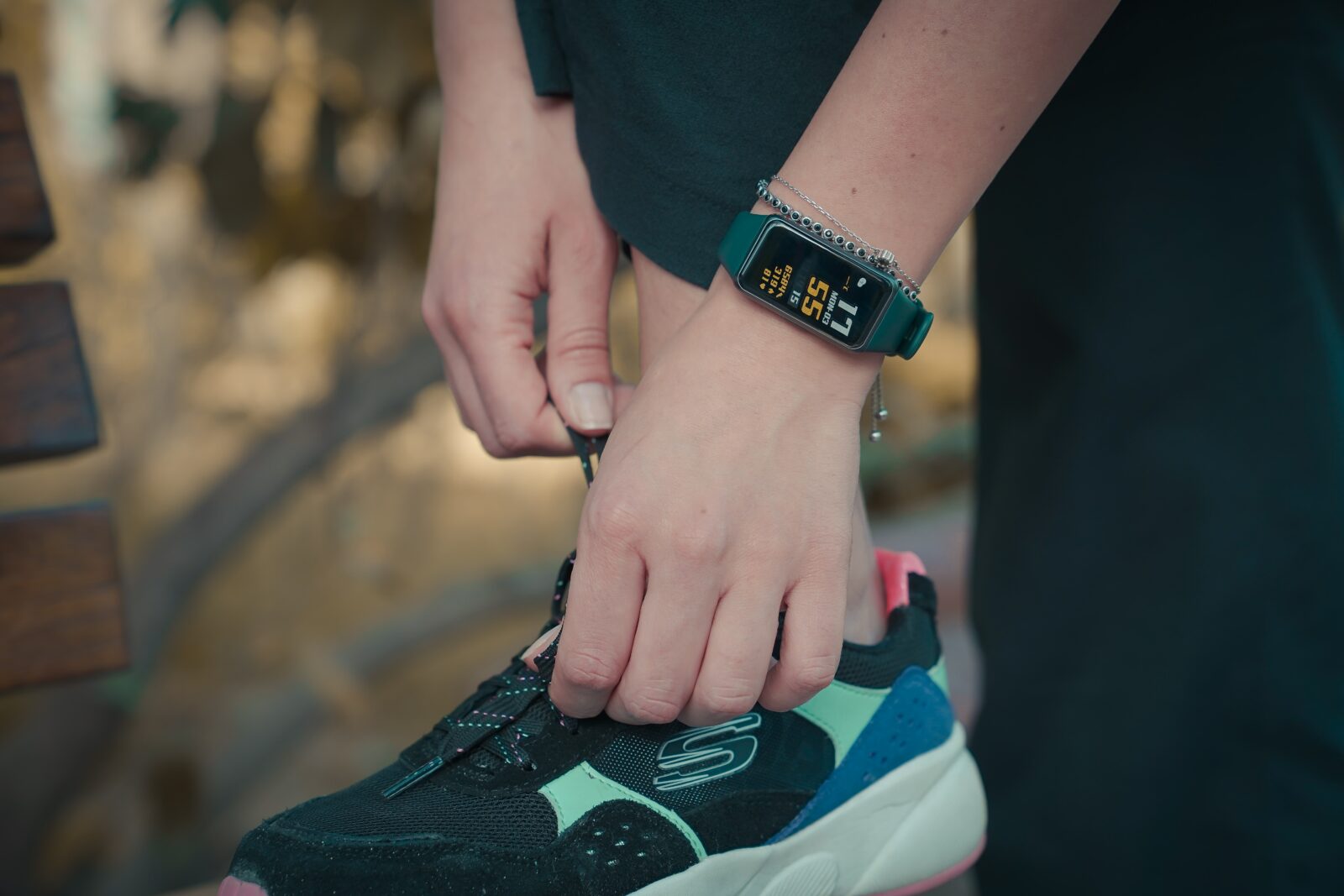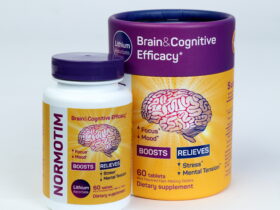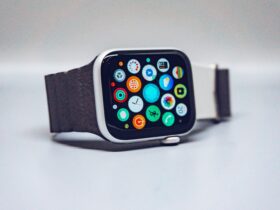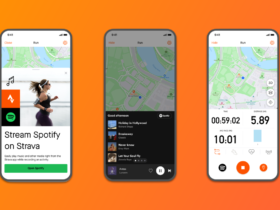If you’re in the market for a fitness tracker, there are more choices than ever. The good news is that this means there’s something for everyone. The bad news is that it can get overwhelming to choose which one is right for you. You can spend $30 or several hundred dollars on a tracker, but how do you know what to look for?
If you’re looking for the best fitness tracker for your needs, here are some things to consider:
- Start with the basics
Before you start shopping, ask yourself what kind of activity you do most regularly. Do you go for runs in the morning, swim laps at night, or play tennis over the weekend? The answers to questions like these will dictate which features are most important to you. If running is your main activity, then GPS is a must-have—you’ll need a tracker that can tell you how far and fast you went during your run without having to take your phone with you. On the other hand, if swimming is more your speed, then water resistance at least 50 meters deep is an absolute necessity.
- How active are you?
Fitness trackers are designed to be worn all day and night, so comfort is important. If you only exercise once or twice a week, any fitness tracker should work just fine. But if you’re training for a marathon or swim laps every day at lunch, consider a GPS watch that’s designed for intense workouts rather than an arm band or clip-on tracker.
- Do you want continuous heart rate monitoring?
A heart rate monitor is an essential tool for any fitness regimen. If your goal is weight loss, knowing how many calories you burn during each workout allows you to tweak your routine to maximize fat burning. Plus, it helps prevent overtraining because it monitors your recovery between sessions.
- How do you want to wear it?
Many trackers are worn on the wrist, but if you’re allergic to metal, plastic or rubber, ask about hypoallergenic options, or look for a device that can be clipped onto clothing or worn as a necklace.














Leave a Reply